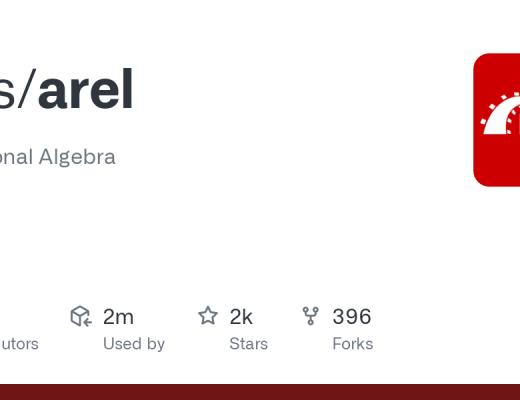Consider we have a model student when we access data from this using the following command.
student = Student.takeThe variable student contains the data of a student. Each student has enrolled in many courses, which is another model.
On printing the student, we get the following data
{
id:1,
name: "Bhanu",
courses:[{
id: 2,
name: "Physics"
}]
}Consider if I update the course model,
Update courses set name= 'Astro physics' where id = 2The expected behavior now the student should have the updated value, but after printing, I’m getting the same result. Why?
Because the student is an in-memory variable, accessing the student doesn’t result in querying the database so it still has the old data.
To resolve this problem, rails provide a function reload which will update the student variable as per the database.
student.reload // this will print
{
id:1,
name: "Bhanu",
courses:[{
id: 2,
name: "Astro physics"
}]
}Now we get the latest data. So when to use reload?
So whenever there is a change in an object which is an association relationship. we should reload. Here we have a student which is in a has_many relationship with the courses. If there are any indirect changes in courses we should use reload, so reflected changes can be viewed in the student object.
Read Also: Functions in Ruby that make life easy.
To summarise, to reload model, to reload an activerecord, to reload an association for recent changes we should use this function.

